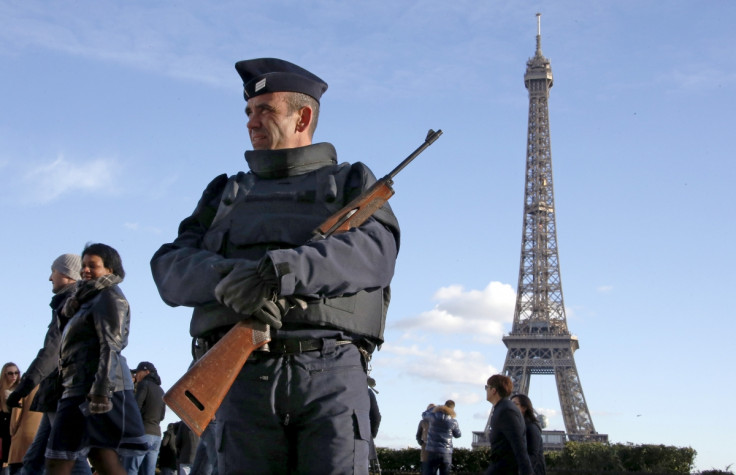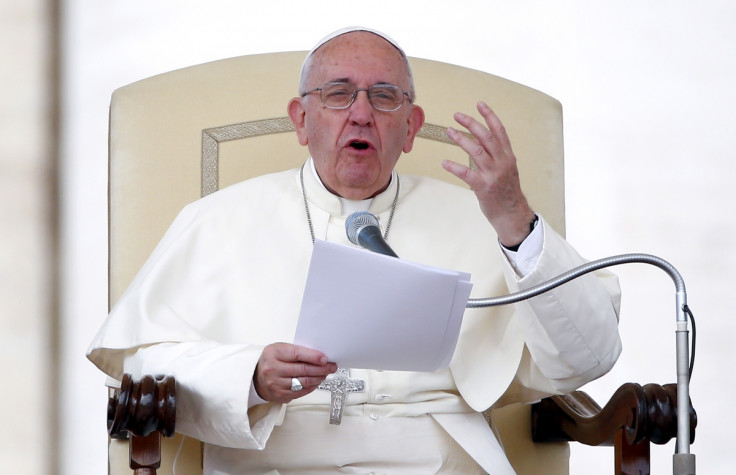Terrorists will never win – it will soon be 'business as usual' in the West
Even to discuss the impact of the latest atrocities in Paris, Bamako and now Tunis and the on-going slaughter in Syria and Iraq on our economy seems bad taste after so many people have lost their lives.
Yet hurting the West where it hurts us the most is exactly what Islamic State (Isis) terrorists are aiming to achieve; it's why they hit out at the Wall Street district in the 9/11 attacks, why tourists were massacred in Tunisia on the beach and the plane of 224 Russians flying from Sharm el-Sheikh to St Petersburg was brought down, provoking Russia still further into the conflict but also harming Western (and local) tourism businesses.

Thomas Cook CEO Peter Fankhauser says the travel industry is facing the greatest turmoil in 30 years because of events such as these.
By the same token, by attacking the bars and restaurants in Paris, the terrorists struck at the heart of the French capital at its most vulnerable and vital. Tragically, the terror these criminals set out to inflict is having its desired effect as cities across Europe report a fall in tourism and trade.
After such attacks, it's usual that business collapses in the aftermath. The numbers of overseas visitors to foreign cities falls sharply, tourists visiting big landmark attractions drops off and shoppers avoid big city centres by staying local.
So it was after Paris: artists such as Prince, U2 and the Foo Fighters cancelled their gigs, flights between the UK and France were cancelled, dozens of school trips were postponed and many of the shops near Le Bataclan club and the other places where the atrocities were committed stayed closed.
There was a similar experience in New York after 9/11 in 2001, in Madrid in 2004 and in London in 2005; trade collapses, stock markets plummet but then business picks up. People forget their fears, confidence comes back and the public gets back to what analysts call, in the jargon, "normalisation" and financial markets get back in their stride.
Or so it has been until now. According to ForwardKeys, the travel data analyst that analyses 14 million reservation transactions every day, new bookings between the UK and France are still down by a quarter, while trade in Paris remains eerily quiet.
Here in the UK, there was a similar pattern; visitors from China, the US and France stopped coming in the days after Paris. Retail analysts at Springboard reported that footfall fell by as much as 16% in the first few days after the attack, with traffic down as much as 56% in peak tourist attractions such as Covent Garden and the National Gallery – although were there some paltry consolations: visitors said the absence of queues at the Goya exhibition at the National meant they had a private show.
Normally, trade would usually be springing back by now. But Springboard's Diane Wehrle, the insights director, said research this week shows that footfall hasn't bounced back and remains much lower than this time in 2014. The downturn is most noticeable in the UK's big regional cities and town centres.

Wehrle added: "In the past, the British have gone back to normal life quite quickly after such events, certainly during the years of IRA terrorism. Maybe it was because the IRA had a certain code, admittedly a warped code by which they would warn that a bomb had been planted and give people the chance to leave. That isn't happening now. There is a heightened sense of insecurity. People appear to be staying away longer this time."
This shouldn't surprise us; as well as the fear of going out in to public places, you can sense a new mood that celebrating at such an unsettling time doesn't seem quite right. Pope Francis put his finger on the pulse when he said in his first sermon after the attacks "Christmas this year is a charade".
"There will be lights, there will be parties, bright trees, even nativity scenes – all decked out – while the world continues to wage war," he said. "It's all a charade. The world has not understood the way of peace. The whole world is at war."
For now, the financial markets appear to have shrugged off the attacks but then they are notoriously short-term in outlook. Quantifying the true cost of terrorism – apart from the tragic loss of human life – is impossible. Research by the Organisation for Economic Co-operation and Development (OECD) originally put the cost of 9/11 at $27bn (£18bn).
However, more recent figures suggest it may have been as high as $3.3tn, if you include long-term cost of reduced productivity due to more security measures, the cost of counterterrorism, the new technology and weapons amassed to deal with the threat and, of course, on consumer behaviour.
It's going to be interesting to see how shoppers behave this weekend – the biggest shopping extravaganza of the year – which kicks off with Black Friday and Cyber Monday. Shoppers are expected to spend at least £1bn, possibly up to £3bn on gifts.
With the mood so fragile, the only thing we can be sure about is online shopping this Christmas – already double what it was five years ago – will be another beneficiary of terrorism along with, as the Pope also says, the arms dealers.
Margareta Pagano is a business journalist who writes for the Independent and the Financial News. Follow her on Twitter @maggiepagano.
© Copyright IBTimes 2024. All rights reserved.






